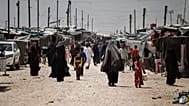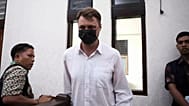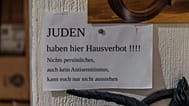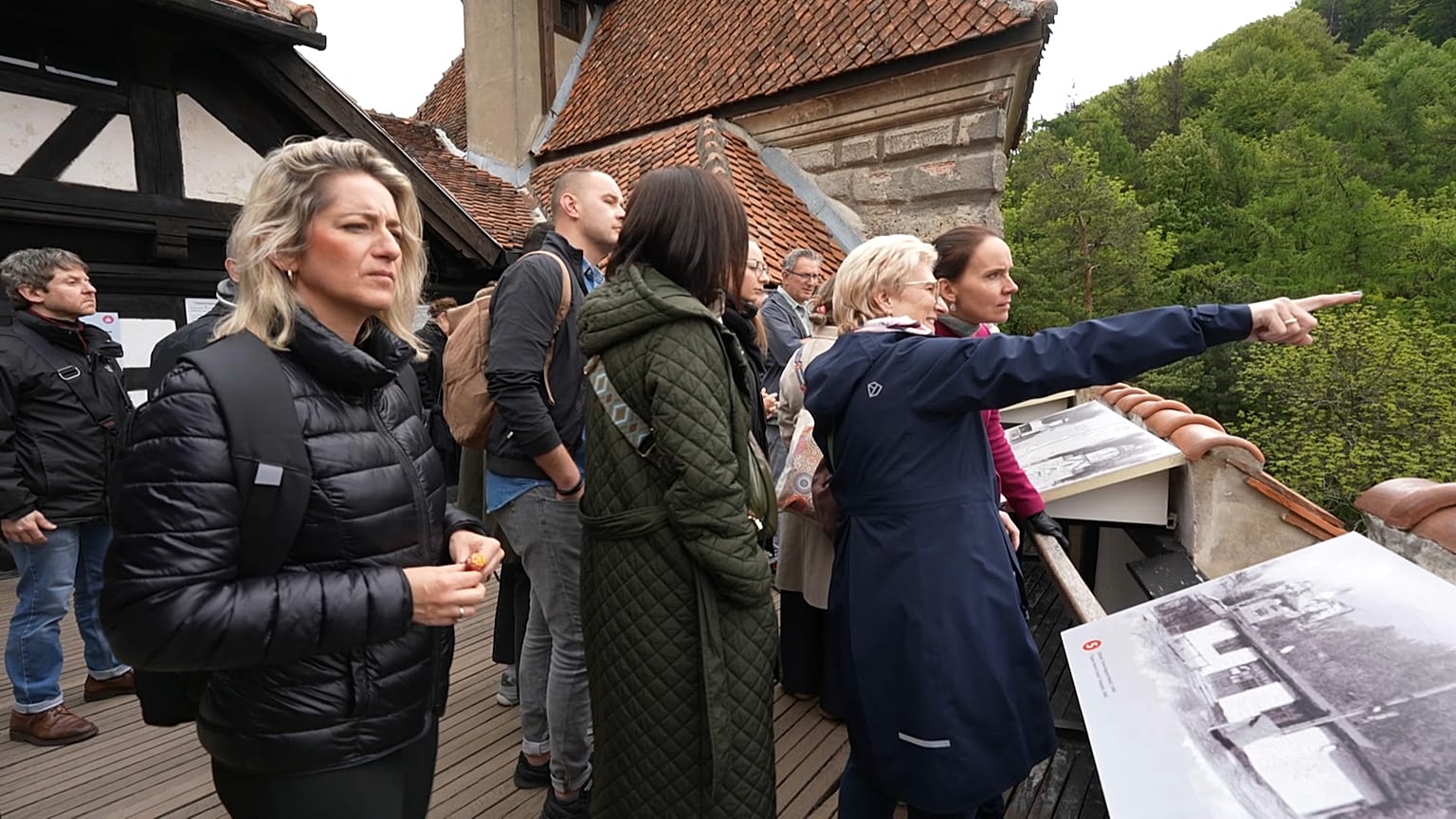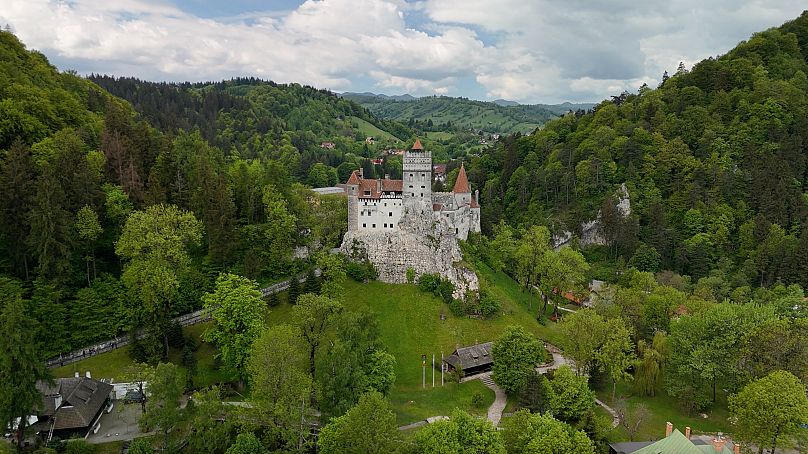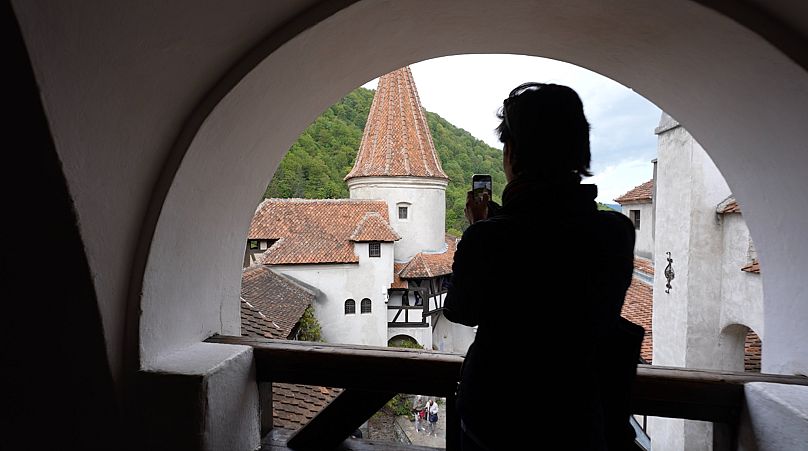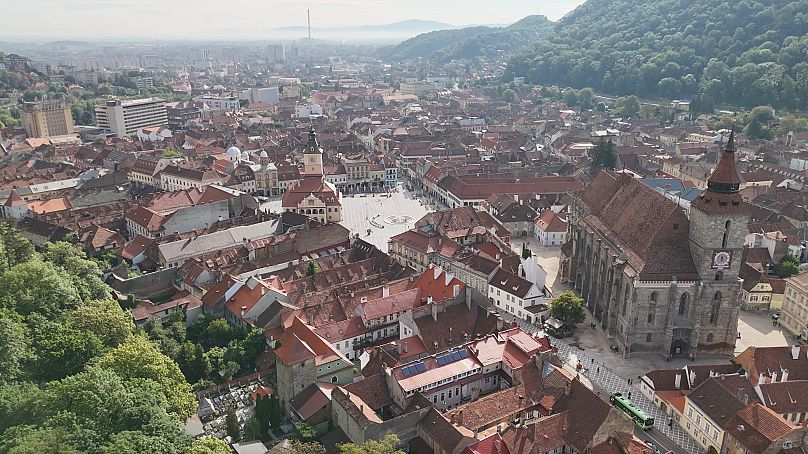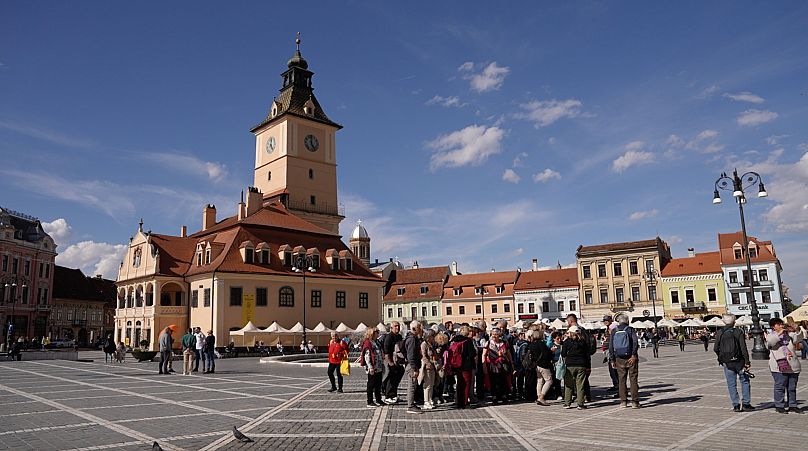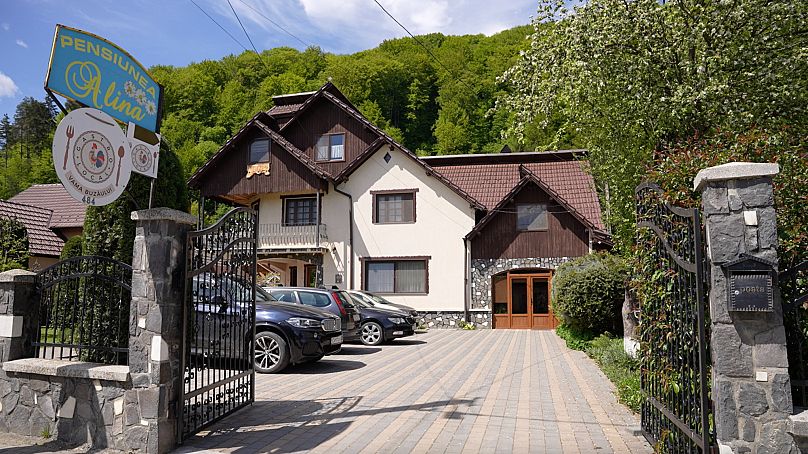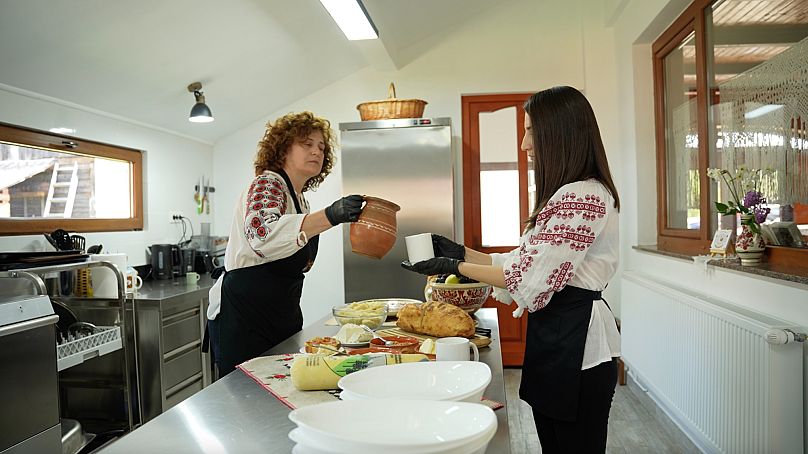How can we continue to travel without overcrowding the most attractive destinations? In this episode of Smart Regions, we travel to Transylvania to discover innovative tourism solutions, such as home dining with locals in rural areas.
Who doesn't like travelling? We visited the famous Count Dracula's Castle in Transylvania. This destination is one of the most visited in Romania, attracting around one million tourists a year. Travel can be a great experience, but tourism also poses challenges to society.
Many tourists want to visit the most iconic landmarks. How can tourism be redistributed? “We would like to influence tourist behaviour but it’s not easy," explains Eugenio Van Maanen, researcher at the Breda University of Applied Sciences and leader of the European "Tourism in Balance" project. "How do we encourage them to discover alternative destinations, which are less crowded but which offer equally fascinating experiences?”
This is the question the European project, "Tourism in Balance", co-funded by Interreg Europe, is trying to answer.
Launched in 2023 to transform the tourism industry,, six European cities and regions - Rome, Amsterdam, Seville, Tallinn, Krakow and Brașov - guided by the Breda University of Applied Sciences, have been sharing knowledge, strategies and best practices to improve tourism.
"The main objective of the project is to help partners improve strategies and policies to overcome the problem of overtourism. How? By distributing tourists in space and time," explains Van Maanen.
The partners are currently meeting in Brașov, in the heart of Transylvania. This city, with a new airport, has great tourism potential. Although it does not yet suffer from overcrowding, it does have all the ingredients to become an overcrowded city.
Institutions in Brașov want to learn from the challenges already faced by project partners in Amsterdam, Rome or Seville, in order to avoid the same issues. Our goal is the sustainable development of the entire metropolitan area, including urban and rural regions. If we can divert the flow of tourists from the most overcrowded areas to less visited places, the whole community would benefit," says Alina Nicoară, deputy director of the Metropolitan Agency of Brașov.
The agency has launched one of the region's flagship initiatives to redistribute tourism: the Gastro Local Programme. Inhabitants of rural areas, such as the village of Vama Buzăului, located near the Valea Zimbrilor nature reserve, open their homes to offer home-cooked meals to visitors for a fixed price of 16 euros.
Gastro Local is an association of local people who "started up in the city because there were no restaurants here", explains Alina Tonie, one of the programme’s cooks.
An irresistible aroma emanates from her kitchen. Alina, and the other Gastro Local locations, serve exquisite food made with local produce.
The conditions for this programme, beyond a fixed price per menu excluding drinks, includes successful completion of health inspections by local authorities. In addition, 70% of produce must be locally sourced. Alina tells us that most produce is organic, made by local producers.
"What we offer to tourists is what we eat as a family," says Alina. This ensures a unique gastronomic experience, which also benefits tourists, residents and local producers. If you are visiting Transylvania, this is certainly an exceptional opportunity to discover the region away from the tourist crowds.


